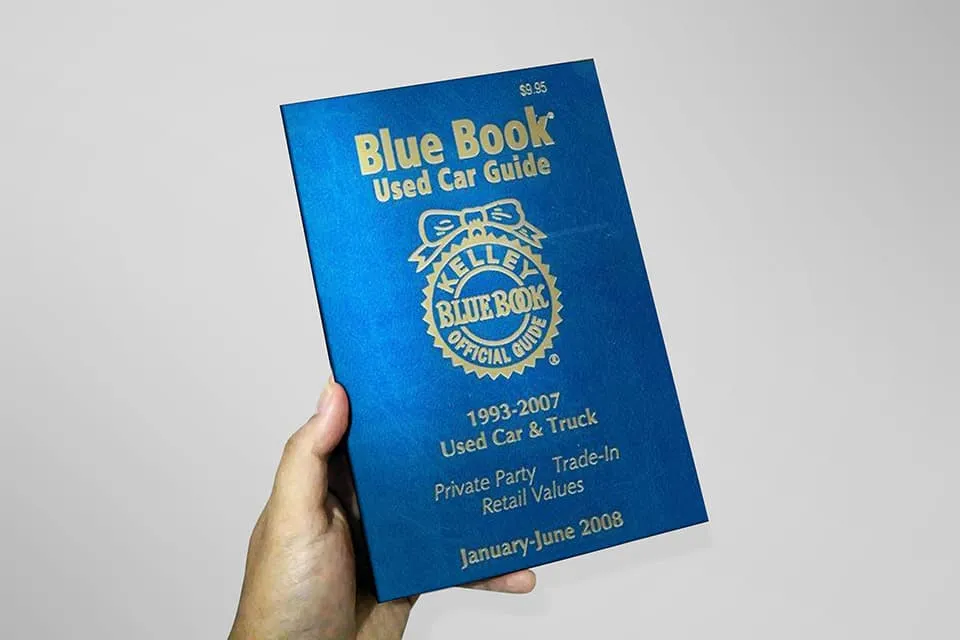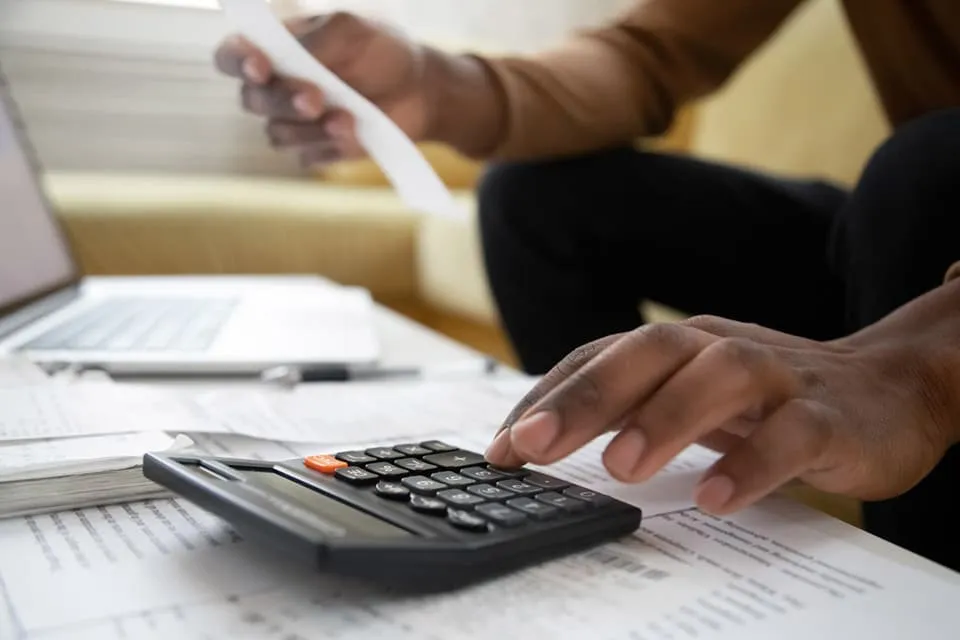Things to Know About Residual Value of a Leased Car

Residual value, or the estimated value your vehicle is knowing how much your car will be worth at the end of your term. It is essential if you currently drive a leased vehicle and how much value it will retain once your lease has expired . Often calculated at the beginning of your terms, residual car value can be a deciding factor in your monthly payments and how much money will change hands at the end of your lease. Read on to learn more about what determines the residual value and what you can do to help get a higher value.
Who Determines the Residual Value of a Car?
More often than not, the bank that issues the lease is the one tasked with determining its residual value. Combined with your monthly interest and related taxes, this value will largely determine how much you'll pay each month. Calculating your loan payments before you sign any terms is essential if you intend to stay within your budget. You can find out what your potential lease or loan payments will be ahead of time with a lease or loan calculator, like the free tool offered by GoodCar.
Residual Value vs. Resale Value: What's the Difference?
When we look at a used car's value, there are two primary numbers to determine: residual and resale. While the two concepts are similar, the main difference is how the vehicle was acquired. A leased vehicle will use residual value, which is determined before the terms are finalized. If a car is purchased, then you will calculate its resale value. Three main factors will decide this number:
- Total Mileage
- Damage and Repairs
- Depreciation
These elements, along with several smaller bits of criteria, help determine a car's condition. According to Kelley Blue Book, a used car's value is defined by four distinct condition ratings.
Kelley Blue Book Ratings:

Excellent Condition
A car in excellent condition will appear like new, with no interior or exterior damage. This means that all its major and minor systems will be in perfect working order without needing any repairs. The car will also have a clean title. Vehicles in excellent condition have the highest resale value.
Good Condition
While not in as good of shape as an "excellent" car, a vehicle in good condition should still be mostly free of damage. There may be some minor cosmetic issues and even a tiny amount of rust, but overall the car should function properly. Like an "excellent" car, "good" cars must have a clean vehicle title. Good condition cars don't have as high of resale value, but still vastly more than those in fair or poor condition.
Fair Condition
A vehicle in fair condition typically has several issues but still needs to run. To fit in this category, Kelley Blue Book says that a car must be in "reasonable working order". This means all its major systems are functioning, even if they are not working 100%. These cars tend to fetch a significantly lower price than good or excellent condition vehicles.
Poor Condition
The lowest vehicle condition, "poor" cars are usually only suitable for scrap or parts. These vehicles will have numerous issues with their interior and exterior, with significant rust, non-functioning internal components, and possibly missing elements that would make them street legal.
How to Find Residual Value of a Car

Whether it's a trade-in car's value or the car lease residual value, a dealership or bank will almost always calculate this for you. If you want to find the number on your own, you'll need the residual value percentage provided by the lesser. Once you have it, you can use this equation:
Residual Value Lease Equation
Manufacturer Suggested Retail Price (MSRP) x Residual Value Percentage (RVP) = Residual Value (RV)
Your leasing company determines the residual value rate; the lower the percentage, the lower your payments, and the higher your residual value will be when your lease terms expire.
Residual Value Frequently Asked Questions
What is the Residual Value of a Leased Vehicle?
The higher the residual value of your leased vehicle, the better; a good rule of thumb is to look at both the length of your lease and the original MSRP. You have received poor terms if your lease terms say that your vehicle will be worth less than half of the original MSRP. You'll want to shoot for between 53%-70% of the original manufacturer's suggested price.
Can I Negotiate the Residual Value of My Car?
Much like the buyout price, the residual value of your car is usually not negotiable. The number is determined at the beginning of your lease terms and is based on criteria set by the lending company. You can often negotiate other parts of your lease terms, including the monthly payments and interest rate. Getting a vehicle history report can help make these negotiations easier, as you can find information about a car's history that could lower your payments.
Is Residual Value Same as Buyout?
While the buyout price of your leased vehicle will include the residual value, these two numbers will not be the same. The buyout amount will include your remaining payments, the car's residual value, and any taxes or fees the leasing company decides to include.
Can You Profit from a Leased Car?
There are a few ways you can make money from your car lease, depending on how far you are into your terms. You can purchase the car and resell it if there is a buyout price. Sometimes, you can sell your lease back to the dealer or a third party. Whether or not your leased vehicle can make you money depends on the state of the current vehicle market, the condition of your vehicle, and the demand for that particular make or model.
What if My Car is Worth More than the Residual Value?
If the car market is particularly hot, your vehicle may be worth more than the residual value. This can help you negotiate the end-of-lease payments, like any associated fees. These fees are usually based on what condition your vehicle is in and anything related to mileage clauses or other specific requirements.
Do You Have to Pay Residual Value?
You will only have to pay the residual value if you want to buy your car before your lease ends. For this, you'll need to pay the residual value, remaining payments, and any fees the lending company has associated with this process.
FREE Vehicle Search
- Accidents
- Problem Checks
- Title Records
- Recalls
- Values
- Specs
-
InfoPay, Inc. (dba GoodCar) is an Approved NMVTIS Data Provider
-
-































